On This Day, Jan. 23: Elizabeth Blackwell becomes 1st woman to earn medical degree in U.S.
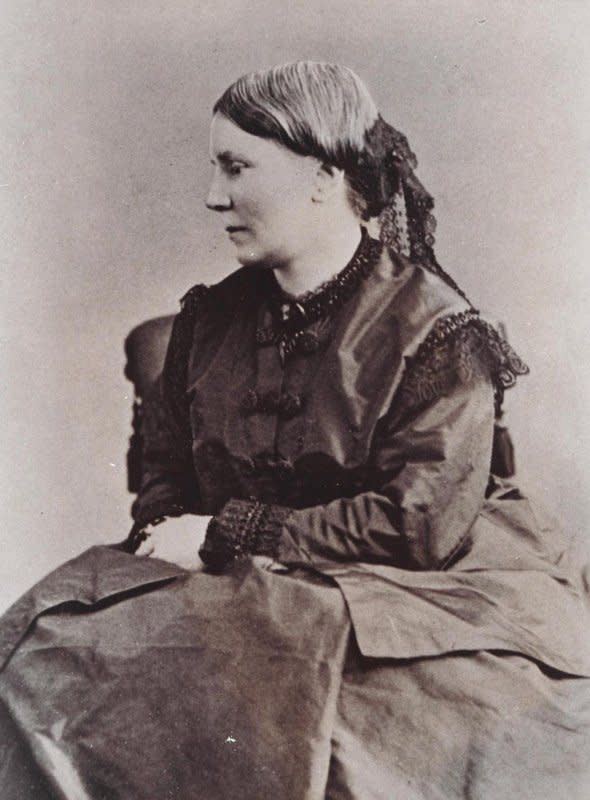
- Oops!Something went wrong.Please try again later.
- Oops!Something went wrong.Please try again later.
- Oops!Something went wrong.Please try again later.
Jan. 23 (UPI) -- On this date in history:
In 1789, Georgetown College was founded in Georgetown, Md., which later would be part of the District of Columbia.
In 1845, the U.S. Congress decided that all national elections would take place on the Tuesday following the first Monday in November.
In 1849, Elizabeth Blackwell became the first woman in U.S. history to receive a medical degree.
In 1912, the Standard Oil Company of New York was fined $55,000 for violating the Elkins Act in accepting rebates from the New York Central and Pennsylvania railroads during 1904 and 1905.

In 1948, U.S. Army Gen. Dwight Eisenhower said he couldn't accept a presidential nomination from either party. Four years later, he ran as a Republican and was elected as the 34th president.
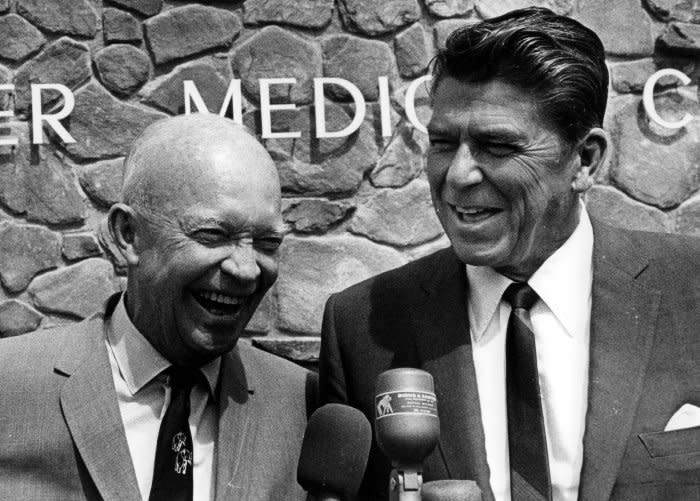

In 1968, the USS Pueblo was seized in the Sea of Japan by North Korea, which alleged the ship was on a spy mission. The crew was held for 11 months before being released.
In 1973, U.S. President Richard Nixon announced that U.S. troops would cease fighting in Vietnam at midnight Jan. 27.
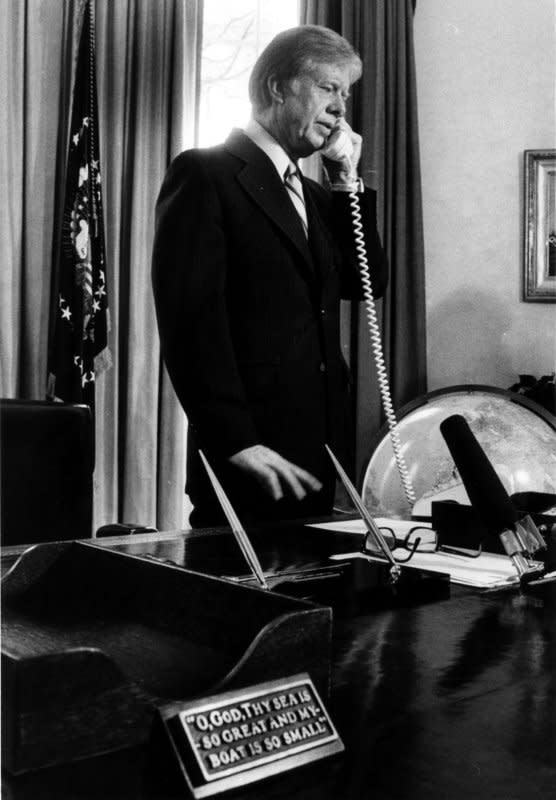
In 1980, U.S. President Jimmy Carter reinstated the Selective Service System. President Richard Nixon had ended the draft at the conclusion of the Vietnam War in 1973.
In 1986, the first inductees into the Rock and Roll Hall of Fame included Chuck Berry, James Brown, Ray Charles, Fats Domino, the Everly Brothers, Buddy Holly, Jerry Lee Lewis and Elvis Presley.
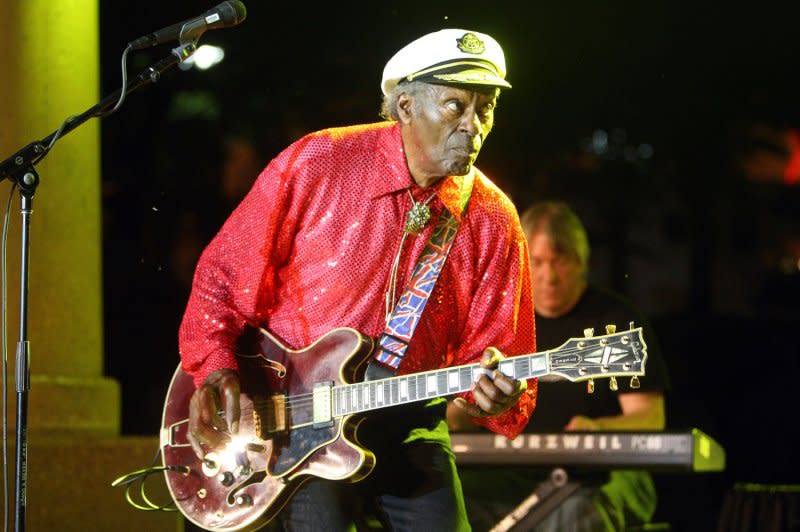
In 1997, Madeleine Albright was sworn into office as the first female U.S. secretary of state.
In 2005, Johnny Carson, host of TV's Tonight Show for 30 years and a powerful presence in American entertainment, died of emphysema at age 79.


In 2015, Saudi Arabia's King Salman was crowned one day after the death of his half-brother, King Abdullah.
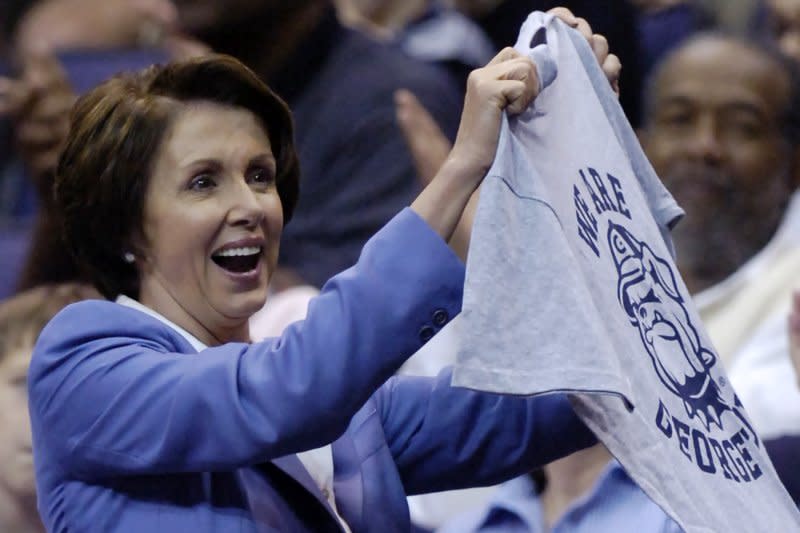
In 2020, the Chinese government issued a travel ban for all residents of Wuhan, the epicenter of a novel coronavirus outbreak that would come to cause a pandemic. As of this day, the disease -- later called COVID-19 -- had killed about 17 people.
In 2022, Buffalo Bills receiver Gabriel Davis became the first player in NFL history to catch four touchdowns in a postseason game in a 42-36 loss to the Kansas City Chiefs.
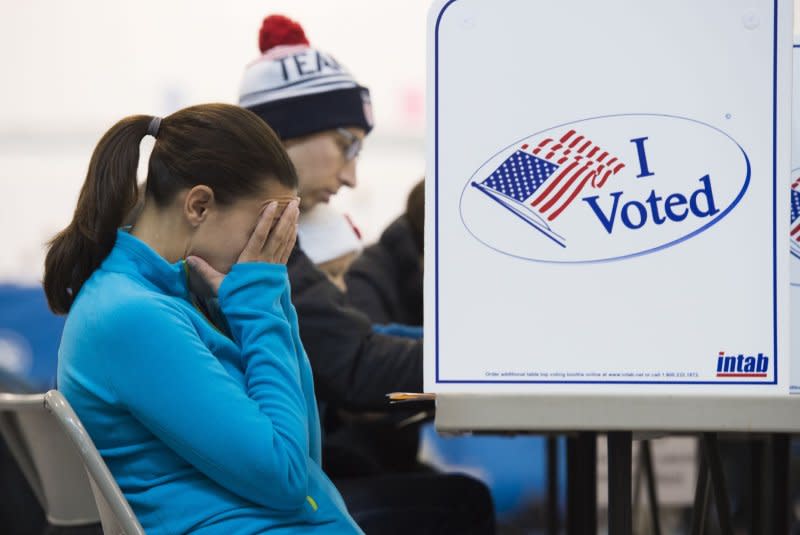
In 2023, a federal jury found four members of the far-right group Oath Keepers guilty on charges of seditious conspiracy after they participated in the 2021 riot at the U.S. Capitol.


